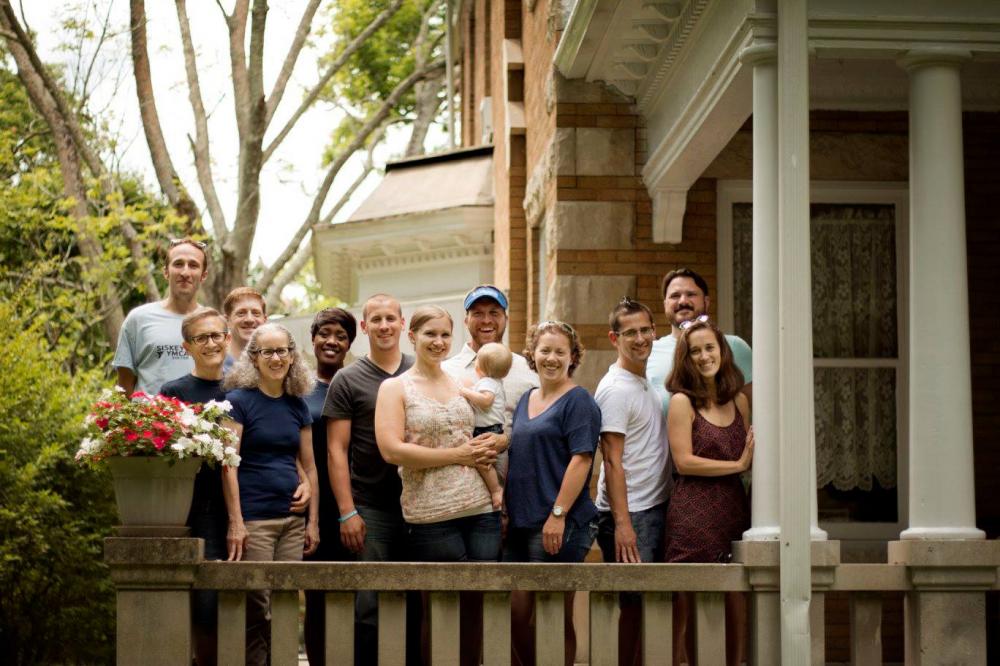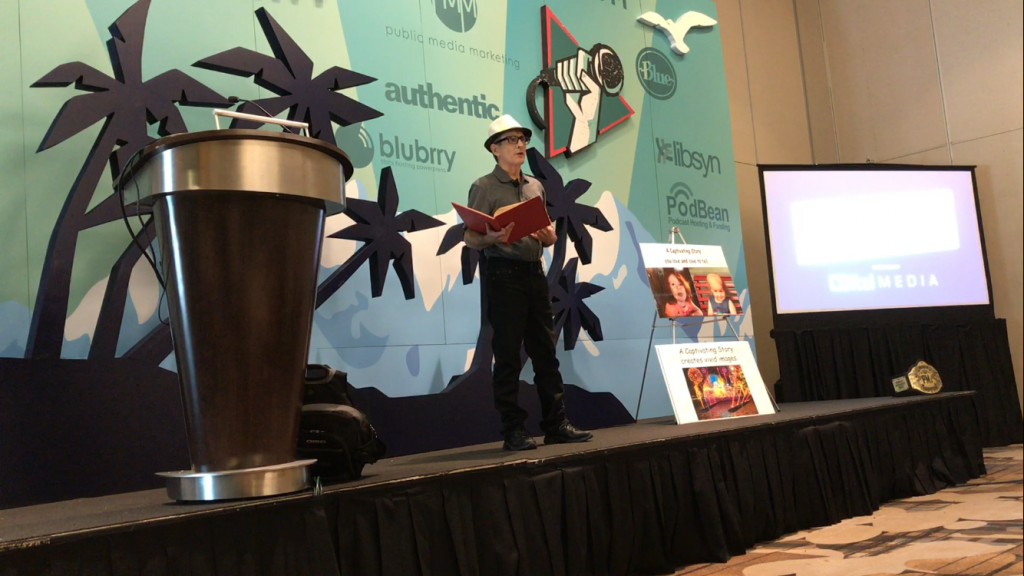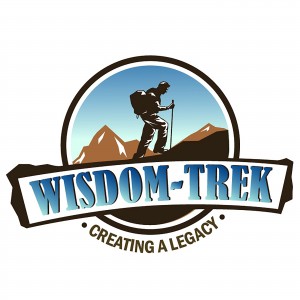I had never had a broken bone, nor had any other significant issues with my body, but that all changed last year when I fell from a ladder while cutting a limb out of a tree with a chainsaw. Unfortunately, I landed on a cement walkway on my left hip, fracturing the femur bone below the hip socket. I was fortunate that the accident with a chainsaw was not significantly worse, and that those who were helping me were not injured either.
While the rehabilitation and healing was faster than most people experience, I am reminded nearly every moment of the day and most nights that my femur bone still has a rod from my hip to my knee and also two very large screws. There is pain, and at times a limp, that helps to remind me of the accident, but more importantly how God protected me from a much more serious outcome. Although after two years I may choose to have the inserts removed, I suspect that the pain, and possible limp, may remain for many years.
In this Wisdom Note, we will consider what it means to trek through life with a limp.
All of us go through trials and tribulations in life that can leave us with a limp that affects us throughout our lives. This can be a very humbling and refining process for us. From a figurative standpoint, ask yourself, “What has caused me to limp, and what have I learned from it?” Has this situation changed who you are? For me I will never combine a ladder and chainsaw in the same environment again.
There is a saying that we should “Never trust a leader who doesn’t walk with a limp.” This saying comes from the story of the start of the nation of Israel and is recorded in the Bible in the book of Genesis Chapter 32 verses 22-32 where Jacob, the grandson of Abraham and son of Isaac, wrestled with God. This is the story:
“During the night Jacob got up and took his two wives, his two servant wives, and his eleven sons and crossed the Jabbok River with them. After taking them to the other side, he sent over all his possessions. This left Jacob all alone in the camp, and a man came and wrestled with him until the dawn began to break. When the man saw that he would not win the match, he touched Jacob’s hip and wrenched it out of its socket. Then the man said, ‘Let me go, for the dawn is breaking!’ But Jacob said, ‘I will not let you go unless you bless me.’ ‘What is your name?’ the man asked. He replied, ‘Jacob.’ ‘Your name will no longer be Jacob,’ the man told him. ‘From now on you will be called Israel, because you have fought with God and with men and have won.’ ‘Please tell me your name,’ Jacob said. ‘Why do you want to know my name?’ the man replied. Then he blessed Jacob there. Jacob named the place Peniel (which means ‘face of God’), for he said, ‘I have seen God face to face, yet my life has been spared.’ The sun was rising as Jacob left Peniel, and he was limping because of the injury to his hip. (Even today the people of Israel don’t eat the tendon near the hip socket because of what happened that night when the man strained the tendon of Jacob’s hip.)”
At the end of Jacob’s all-night struggle, God touched the socket of Jacob’s hip and damaged it so that from that time forward Jacob always walked with a limp. This encounter with God changed him in other ways too. He got a new name and moved into a new phase of his life. He was now fit to lead a new nation that exists to this very day.
There is a remarkable quality that can come from the lives of people after they have wrestled with God or life’s issues, and the resulting limp is a sign to themselves and to others that God has humbled them.
We have some pithy little statements that we throw about, like “When life sends you lemons, make lemonade.” It makes tough times sound so easy, but life isn’t always so simple. Lightweight phrases do little to recognize the challenges we wrestle with.
I was on the wrestling team in high school, so I understand firsthand how strenuous and difficult physical wrestling can be. It requires a lot of discipline to develop skill and agility, sacrifice to burn off fat, and determination to promote muscle growth, strength, and focus, which is required to become refined enough to be victorious.
Paula and I have also had to wrestle with life’s issues in the form of business loss, financial downturns, the death of loved ones who were very close to us, moving for work, a granddaughter with leukemia, and my broken femur bone that we would have never chosen ourselves. All of these experiences and others have been a refining fire in our lives to burn off that which is impure so that the fine gold could become evident, and we realize that there may be other times of such trials in our future.
All of us experience seasons of wrestling, testing, discipline, and sifting, such as is described in the book of Hebrews 12:1-13. We may wrestle with health issues, financial stress, depression, relational difficulties, brokenness, failure, loss, grief, and desert-type seasons in our lives and spiritual journey. If we don’t anticipate and expect it, we will be surprised and confused when it comes. For the next few days, we will travel on some key trails as we prepare ourselves for these seasons of life.
We begin with the first trail.
Trail #1 – Perspective is everything.
Our perspective of the place of sickness, pain, and challenges in our lives probably needs some thought. We are well served if we take some time to develop healthy theology around pain and the hard things in the life of a Christ follower. As John Wimber frequently said, “If our theology doesn’t work in real life, then we need to rethink our theology.”
When we experience difficult seasons, it doesn’t mean God isn’t present or has stopped loving us. It doesn’t necessarily mean we lack faith or have brought this upon ourselves through doing something wrong. Following Jesus doesn’t exclude us from encountering pain and challenges in our lives. In fact, we are told in scripture to expect it.
A robust theology equips us with the knowledge and expectation that when pain comes, God walks with us through it.
These difficult realities are part of living in the now and not fully experiencing His kingdom. They are also a reminder of God’s commitment to us as His children so that we grow up into Him. Our perspective is important because it affects how we respond to hard things.
Will we see these seasons as a reminder of God’s lordship and loving activity in our lives that can lead us to greater intimacy with Him, or will we see it as evidence of His absence and lack of love, which leads to bitterness, fear, and isolation from Him and others?
CS Lewis reminds us that, “God whispers to us in our pleasures, speaks to our conscience, but shouts in our pains: it is His megaphone to rouse a deaf world.”
Pain and suffering can help us put things in perspective, value what is truly valuable, and be transformative tools in God’s hands.
We have barely scratched the surface of our trek that we embarked on this week, but that is the end of this trail.




